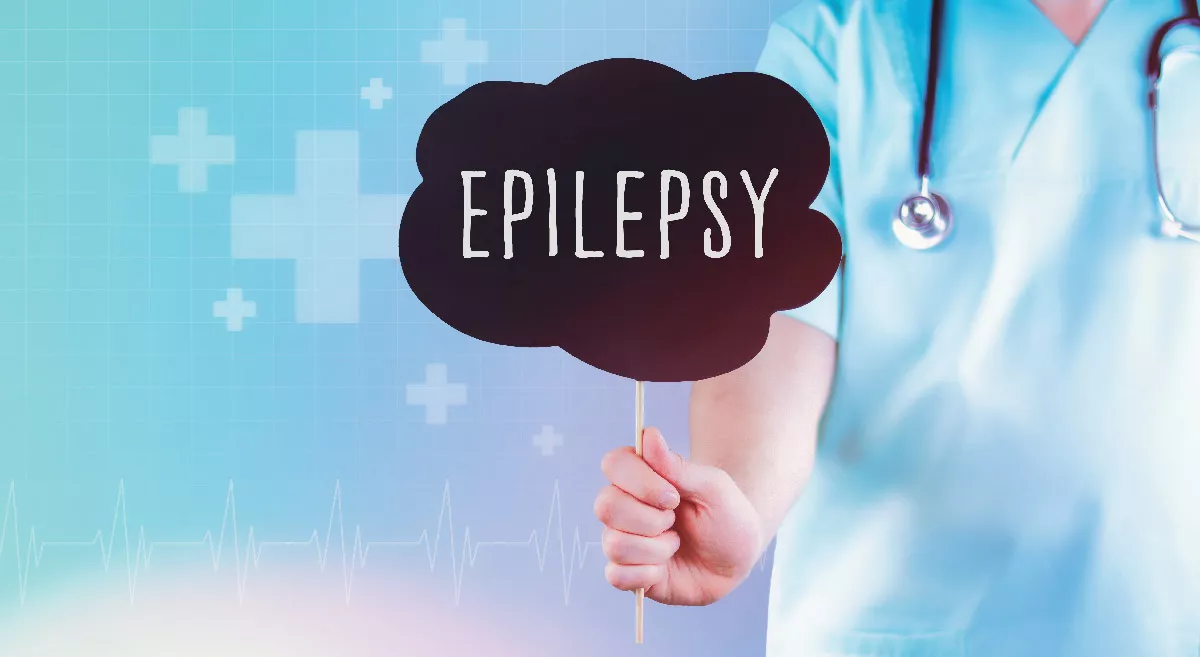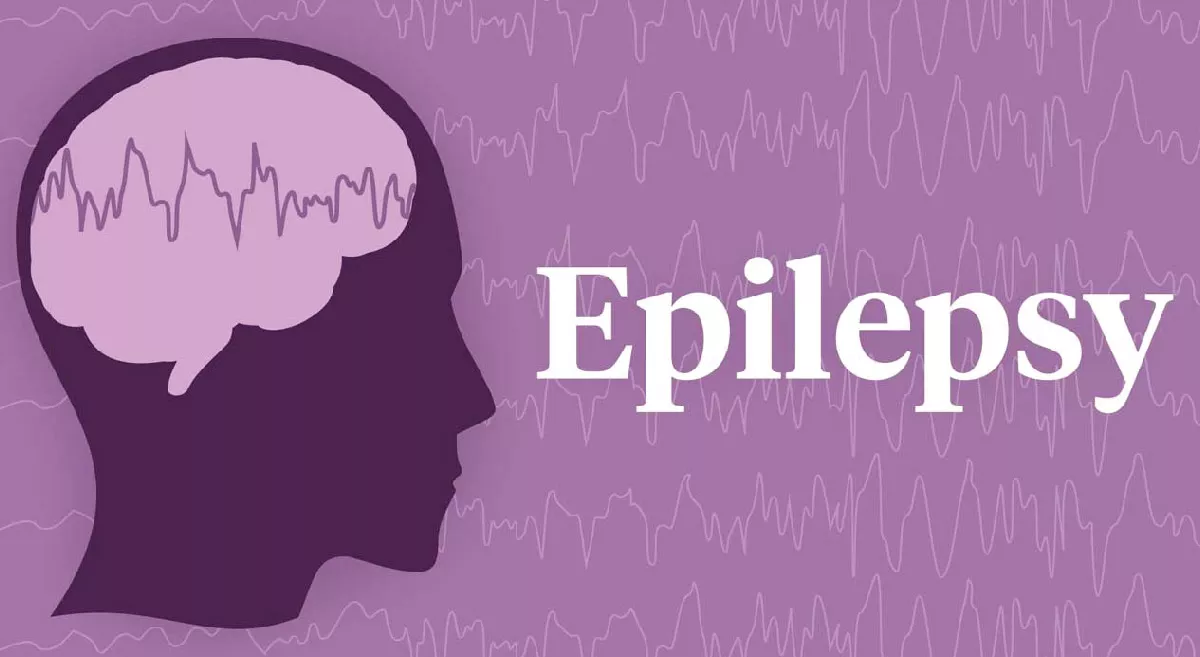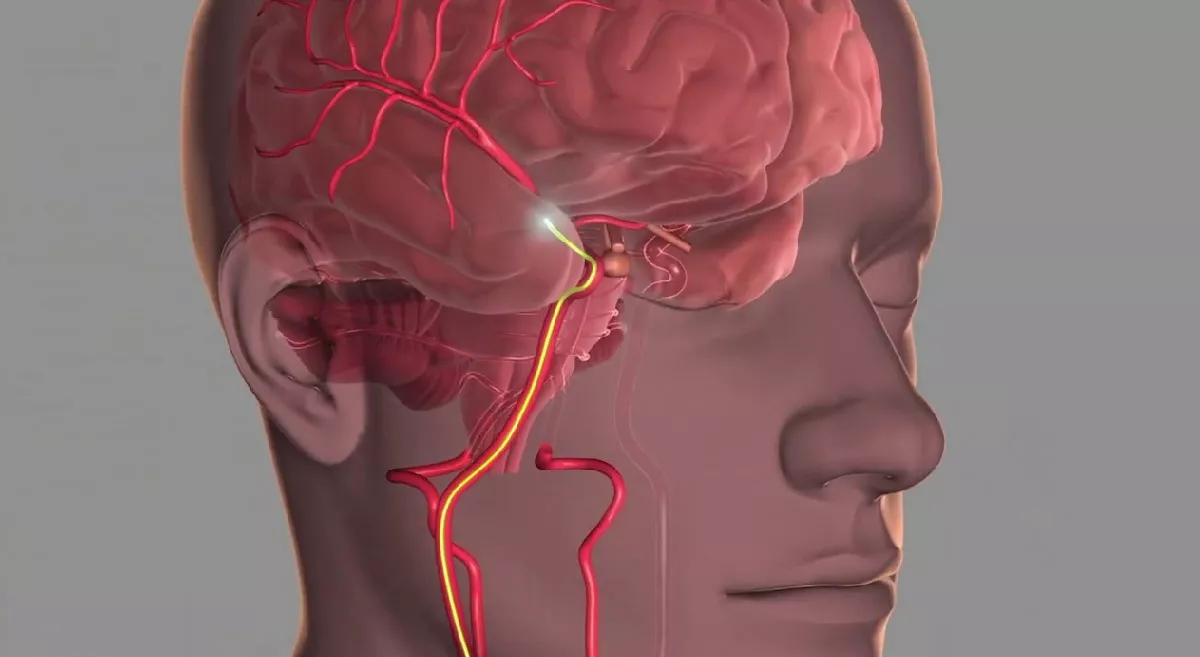When you hear the word epilepsy, what comes to mind? For many, it’s a vague image of someone having a seizure – but there’s much more to it.
According to WHO around 50 million people in the whole world suffer from epilepsy which is one of the major neurological disorders. Epilepsy is a chronic condition characterized by episodes of seizures (which may not be easily foreseen) and can occur at any age, in anyone. Though there are various treatments available, many people have a problem controlling the disorder: hence awareness, more research and proper care must be provided.Epilepsy is a neurological condition affecting the brain where nerve cells send irregular signals resulting to seizure. A seizure is a sudden attack that produces losses of muscle control as well as control of perceptions, emotions, and capabilities. Seizure is a little like having a surge across a circuit, where groups of neurons erupt into synchronous firing for a short period of time, disrupting the normal circuits within the brain. These seizures may range from loss of consciousness to only muscle jerking called myoclonus. There are two primary types of seizures: Focal (localized to one part of the brain) and Generalized (involving to both sides of the brain simultaneously).
Causes
Most of the time a person gets epilepsy, there is no such definite reason of why it happened.While the exact causes of epilepsy can be elusive, some common triggers have been identified:
- Genetics: A family history is included and some people are more susceptible than others due to their gene pool
- Brain injury: Vehicular accidents and sports related severe injuries may develop epilepsy.
- Infections: They include Viral encephalitis, Meningitis and other infection which can inflame and damage neuronal cells and hence cause epilepsy among others Structural causes like tumours, malignancies
- Developmental disorders: There are associations between Autism and Neurodevelopmental disorders and epilepsy or seizure risk. Developmental malformations, cortical dysplasias can result in epilepdy
- Strokes: Seizures can also arise due to stroke
Treatment
The goal of epilepsy management lies in the management of seizures, patient’s overall functioning and minimizing side effects. Current options include:
- Medication: Anti-seizure drugs are the first treatment option, and they work for about two-thirds of the patients. They play a huge role in helping to prevent future recurrence of seizures.
- Surgery: If the drugs do not effectively manage the seizures, there are surgicsl options. Epilepsy Surgeries like lobectomy or alternatively vagal nerve stimulation (VNS) can in some cases alleviate or totally eradicate seizures.
- Dietary Therapy: Keto Diet has an evidence basis; it works best for children who have epilepsy and have not responded to any medication. This diet has more of fat and protein and low carbohydrates and can be effective in decreasing the seizures by modifying the metabolism in brains.
- Neurostimulation Devices: New working devices are created in order to affect certain areas of the brain to help minimize the number of seizures. For example: the Responsive Neurostimulation (RNS) where a device is placed within the human brain and sends electrical current to stop the events that cause seizures.
Though the approaches of treatments have been developed, researchers are still looking for a permanent cure. It can be hypothesized that the genetically driven epilepsy could be treated through gene therapy, which is to reverse the recognized mutated genes that cause seizures. Also, research on precision medicine creates the opportunity for the correspondingly targeted therapy basing on patients’ genetic characteristics.Epilepsy still represents a significant concern worldwide and is still surrounded by immense social stigma in the low and middle-income countries where treatment is still insufficient. According to WHO potentially 70% of the people with epilepsy could be free from seizures if adequately managed however only 10% of patients in developing nations get the treatments they require.
Epilepsy affects millions worldwide, and with the right combination of research, resources, and support, there is hope for a future where treatment is accessible to all.

















